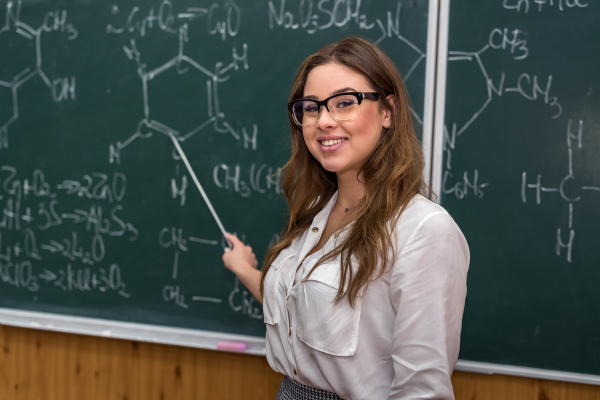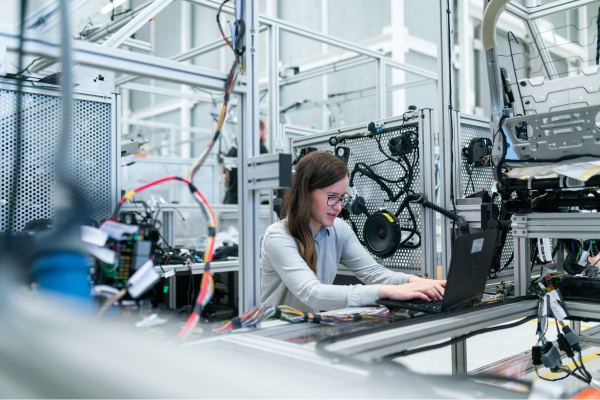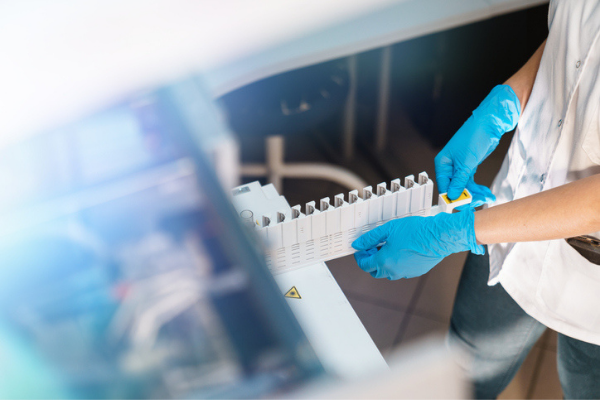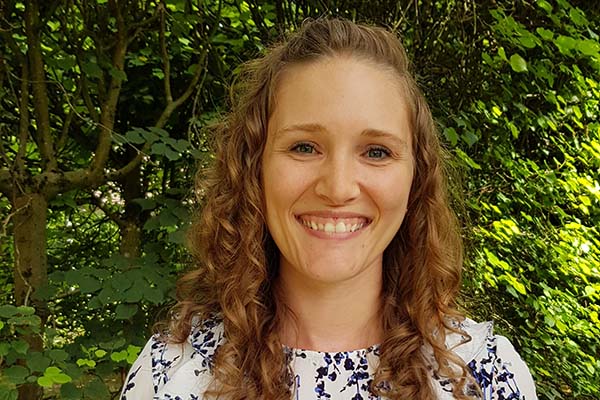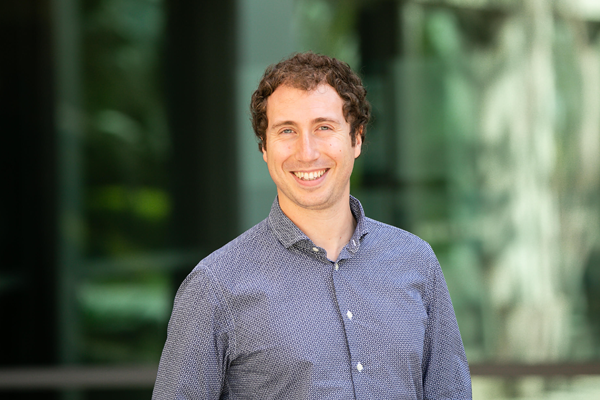By: Nina Notman, special to C&EN
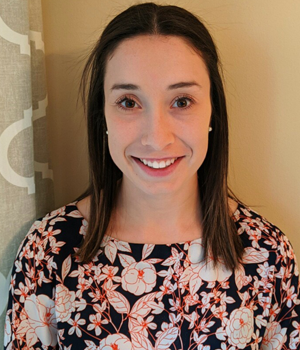
The Chemours Chambers Works site in Deepwater, New Jersey, manufactures fluoropolymers used in coatings that protect textiles from fire and water, boost the reception of smartphone antennae, and more. The manufacturing of these fluoropolymers is carefully monitored throughout by analytical chemists such as Bridget Woolley.
“Using gas and liquid chromatographic technologies, I am responsible for quality testing our products,” Woolley explains. “We test multiple spots in the production to make sure that they're hitting their specifications along the way.”
In addition to analyzing samples, Woolley participates in method development. “There are ever-changing standards in the industry and sometimes existing methods aren't able to see the new limits,” she explains. So she and her colleagues must constantly refine their methods.
Woolley’s interest in analytical chemistry was sparked during a summer internship as part of her bachelor's degree in biology at Clarkson University. “I got an internship with the New York State Department of Health in an organic analytical chemistry lab that analyzed water samples,” she explains. “While I was there, I saw a side of chemistry that I hadn't seen in school. It drew my interest to analytical chemistry.”
She joined Chemours in June 2018 immediately after graduation. In fall 2020, Woolley plans to return to university part-time to study for a master’s degree in analytical chemistry at Temple University in Philadelphia.
What's in your lab coat pocket?
Some Sharpies, a highlighter, some wrenches, and post-its.
If you weren't an analytical chemist, what would you like to be?
An orthopedic surgeon. When I was in high school I shadowed an orthopedic surgeon for a few months and I really enjoyed watching the surgeries. And being an athlete as a young person, I was really intrigued by that sort of thing.
What item could you live without in the lab?
My lab notebook. I write everything down.
What was the last experiment you ran?
A wastewater analysis.
What is your favorite polymer and why?
Viton. The process behind how it's made is pretty cool.
What's the toughest part of your job?
The toughest part has been learning that not all of your experiments are going to go right every time. And that it's how you react to the challenges and not whether or not it works that matters.
Who inspired your love of science?
My mom's an electrical engineer. I got interested in science through her.
Where do you see yourself in 10 years' time?
Finished with my masters. That's the biggest goal.
What do you like to do to relax?
I like to work out to relax. Softball, volleyball, and other athletics get me relaxed.
The opinions expressed in this article are the author's own and do not necessarily reflect the view of their employer or the American Chemical Society.
Copyright 2020 American Chemical Society (All Rights Reserved)

